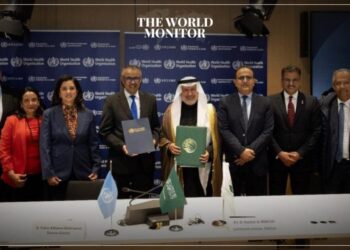The Tunisian Water Observatory has issued a call for a state of emergency in response to a significant drop in dam reservoir levels.
According to the latest report, the water storage in dams has decreased by 23.2% as of the final week of August 2024.
The Water Observatory’s statement highlights that current water reserves in dams have plummeted to 545.683 million cubic meters, down from 686.328 million cubic meters during the same period in 2023.
This alarming revelation comes on the heels of an announcement by the National Institute of Statistics in Tunisia in May, which revealed a slowdown in the country’s economic growth.
The Institute reported that Tunisia’s GDP growth had decelerated to 0.2% in the first quarter of 2024, compared to 1.1% in the same quarter of the previous year. Additionally, the unemployment rate edged up to 16.2% from 16.1% in the same period last year.
In a more positive development, Fitch Solutions’ BMI Research has revised its growth forecast for Tunisia upward by 30 basis points to 1.6% for 2024.
This adjustment is attributed to positive data on inflation, investment, and external demand received since the start of the year.
The United States has approved a potential deal to sell “Sea Archangel” boats and related equipment to Tunisia at an estimated cost of about $110 million, according to Reuters.
Recent forms of cooperation between the United States and Tunisia have primarily focused on security and defense.
In recent years, the collaboration has been reinforced through various agreements and initiatives aimed at enhancing both countries’ strategic interests and security capabilities.
In 2020, the U.S. and Tunisia signed a Roadmap for Defense Cooperation, outlining a ten-year plan to strengthen their bilateral strategic partnership. This roadmap emphasizes Tunisia’s role as a regional security leader and includes commitments to joint military training exercises and initiatives aimed at enhancing Tunisia’s capabilities in countering threats and improving border security.






